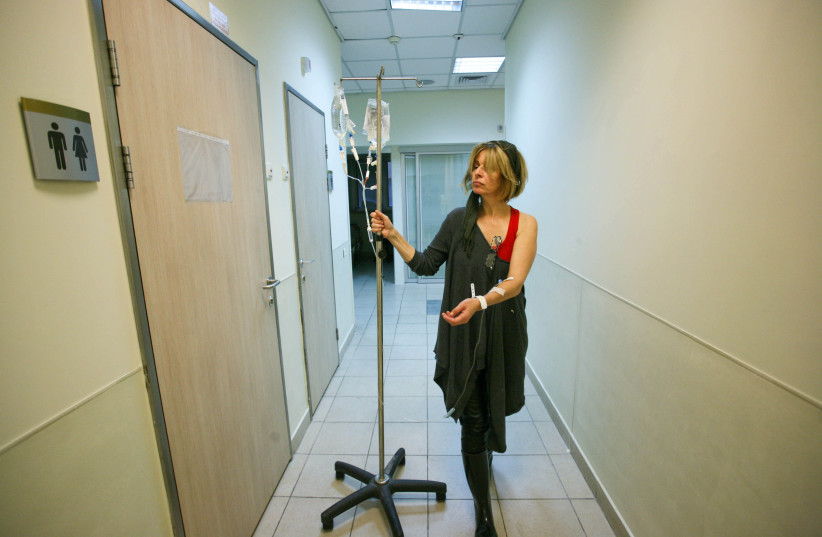The Sheba Medical Center hosted its first Middle East International PIPAC (Pressurized IntraPeritoneal Aerosol Chemotherapy) event from last week from Wednesday through Friday, it announced on Saturday.
The workshop brought in oncologists and medical professionals from both Israel and overseas to study and dive into the chemotherapy procedure, theory and technique, which is a new treatment option for people with late-stage cancer.
PIPAC is able to control certain types of cancer with fewer side effects than most conventional chemotherapy.
The treatment administers chemotherapy in the form of pressurized aerosol into the abdominal cavity and is done via surgery performed under general anesthesia. PIPAC can be used to treat metastatic disease, ovarian cancer, mesothelioma and liver cancers.
The medical professionals brought into Sheba received an intensive three-day training course. They were trained by the doctors who developed the breakthrough treatment, according to the medical center.

“Beyond traveling to Europe to learn the procedure so we could perform it successfully at Sheba, we also got certified to teach it,” said Dr. Almog Ben-Yaacov, Attending Surgical Oncologist at the Department of Surgery & Oncology at Sheba.
Overall, the procedure has been performed more than 160 times at the medical center.
